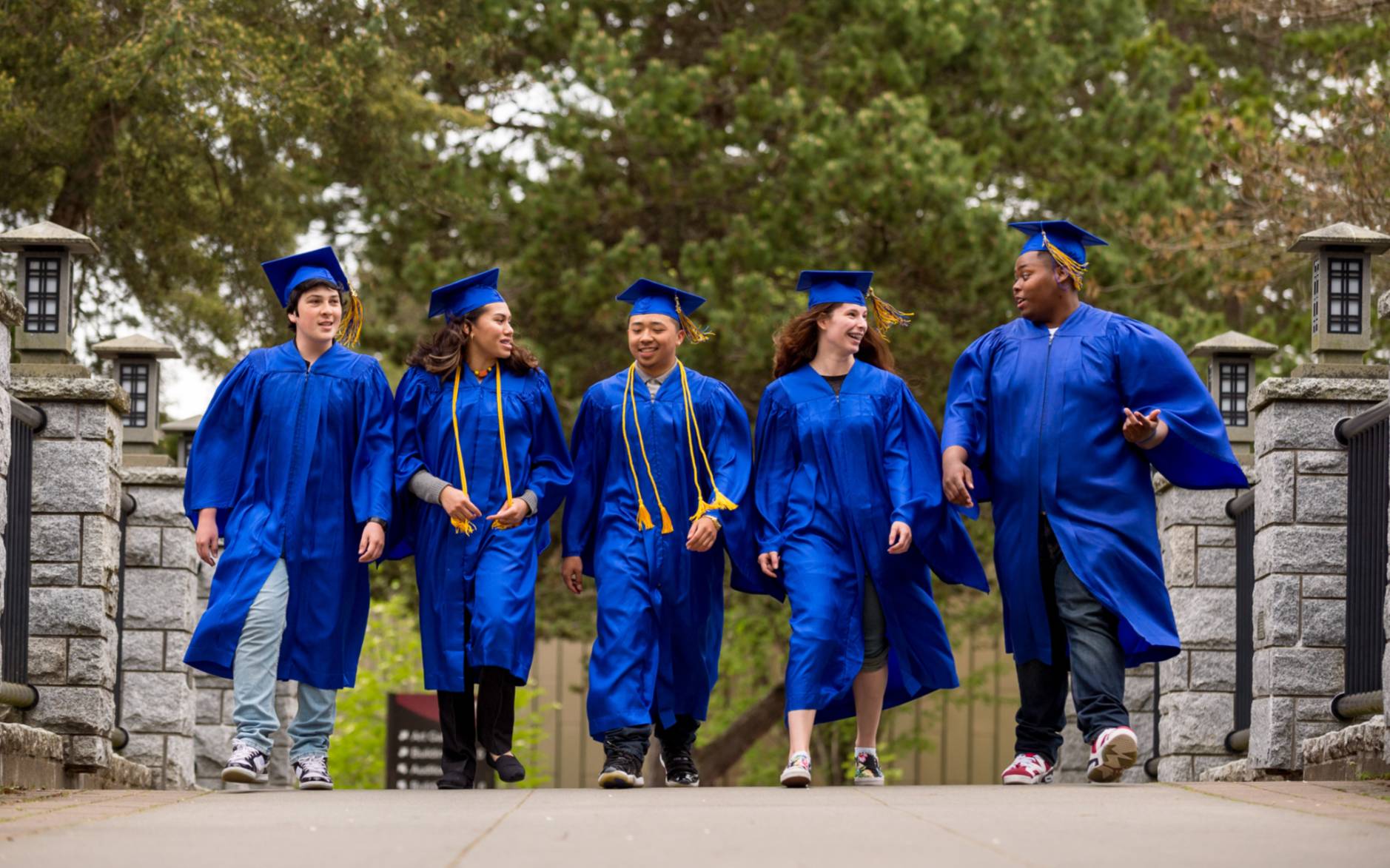Engineering
About
ENGINEERING EDUCATIONAL PLANNING DAYS! (with Engineering Speakers!)
October 20, 2025, January 27, 2026, April 30, 2026
Location and Time: in 16-106, 9 am
Degree Options
The Opportunities Add Up
Graduates will transfer to a four-year institution with a solid foundation of engineering concepts, and go on to create innovative solutions to problems in the natural world.
Top Transfer Options
The Industries
- Civil and Mechanical Engineering
- Materials and Manufacturing Engineering
- Bioengineering and Chemical Engineering
- Computer and Electrical Engineering
- Aeronautical and Astronautical Engineering
- Industrial Engineering
The Careers

Support for Success & Well-Being
Tuition & Payment
TCC is typically 1/3 the cost of a state university. Find out about how much college costs so you can plan for your finances.
Financial Aid
Nearly 60 percent of all TCC students receive some kind of financial aid to help pay for school. We can help you make an investment in your education.
Ways to Pay
There are resources to help you pay for college, including scholarships, grants, workforce education funding, student emergency funds, and much more.
Veterans Benefits
Service members, military veterans, and their families have unique needs when it comes to furthering their educational goals.